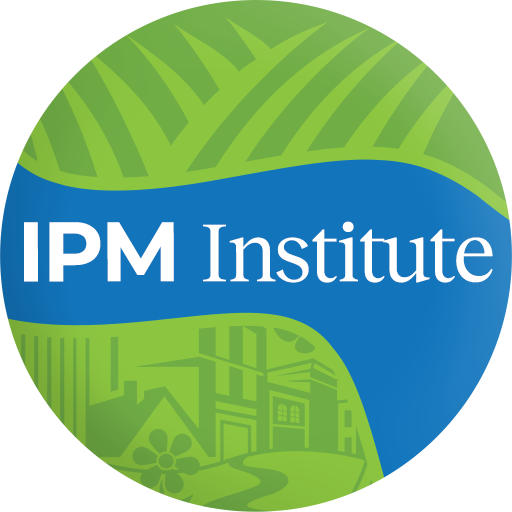Sustainable Food Group provided General Mills with a report on pest management in North American field crops in order to identify strategies and opportunities to reduce pesticide usage.
THE CHALLENGE:
General Mills values responsible sourcing and sustainability when it comes to the agricultural supply chain. In 2016, General Mills requested an analysis of pesticide use and the extent of integrated pest management (IPM) practice adoption for five major North American Field Crops: corn, oats, soybeans, sugar beets and wheat. General Mills has been a supporter of IPM for decades, and planned to publish the report results so that suppliers could use it to reduce pesticides and implement IPM practices.
OUR ROLE:
Sustainable Food Group conducted an extensive literature review and interviewed more than a dozen experts in order to write a report on IPM practices in five field crops. Our first goal was to report on current practices, best practices and priorities for greater adoption. Our second goal was to report on yields, pesticide use and risk, and to include a comparison to almonds and potatoes. The results informed efforts to engage with supplier partners at a series of winter grower engagements around IPM adoption and informed General Mills about strategies to reduce pesticide use and risks in their supply chain.
In 2018, we updated the report with new developments in pesticide and seed technology, new data on pesticide usage and emerging risks surrounding herbicide resistance. We also participated in a series of engagements where we discussed IPM practices and priorities with sugar beet, wheat, corn, and soybean growers. We developed and administered surveys to better understand growers’ perspectives on the most valuable IPM practices in their crop and region. Ninety-five growers participated in these meetings.
THE OUTCOME (UPDATED JANUARY 2020):
Through our research and grower engagements with General Mills, we identified IPM priorities to reduce pesticide use in order to decrease risks to workers, consumers, pollinators, and the environment. We are excited to continue working with General Mills to manage insects, weeds and diseases while improving pollinator populations and soil health. Read more about our work with General Mills and their support for IPM practices here.


